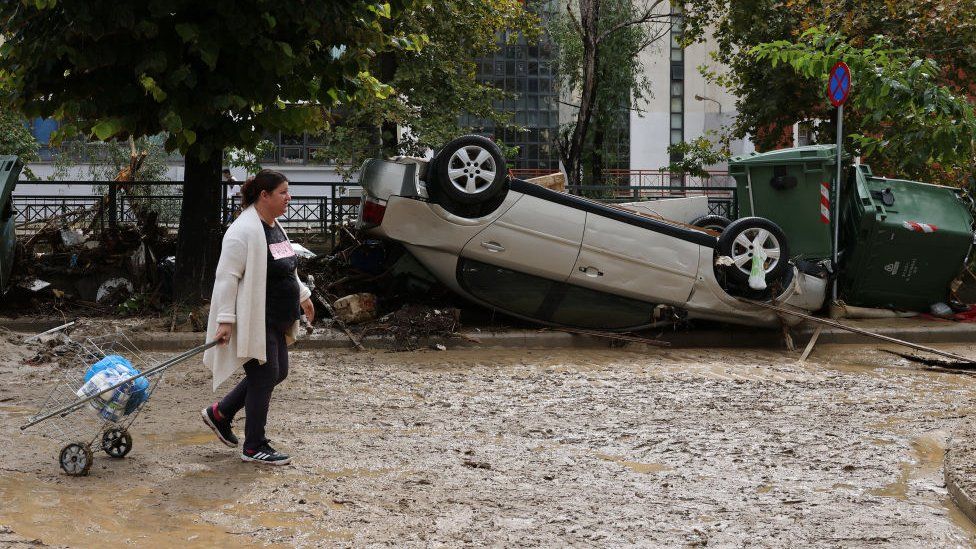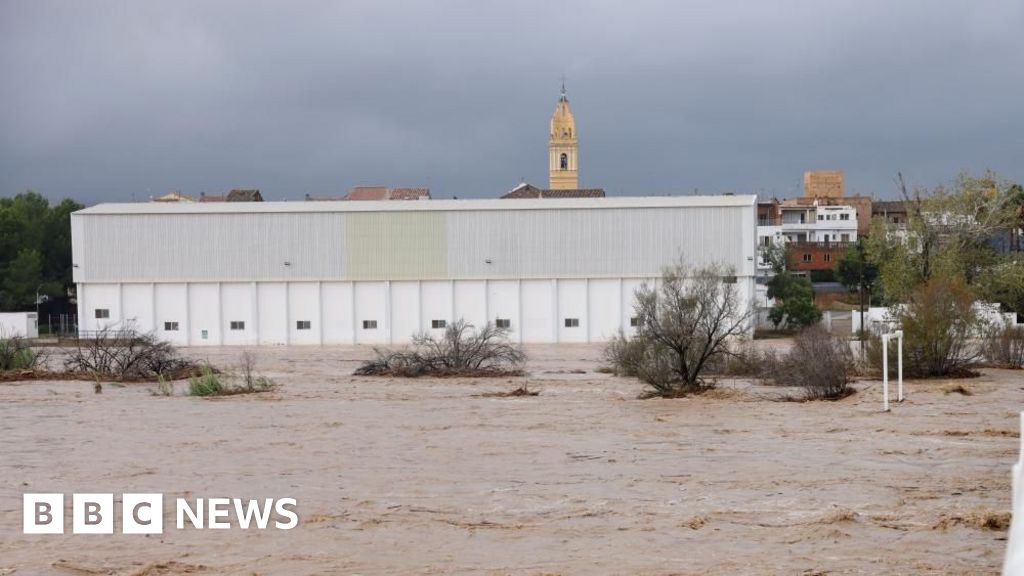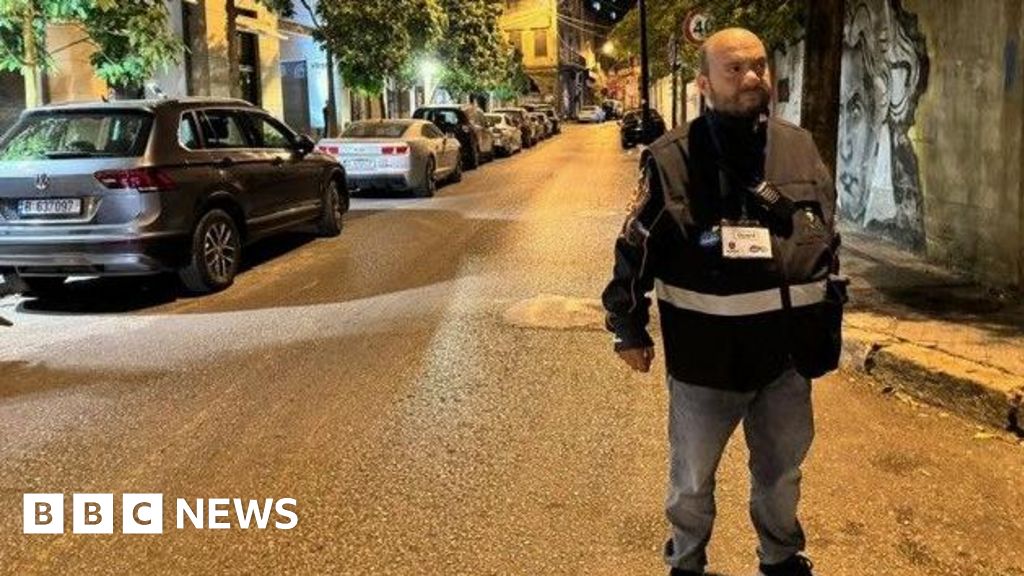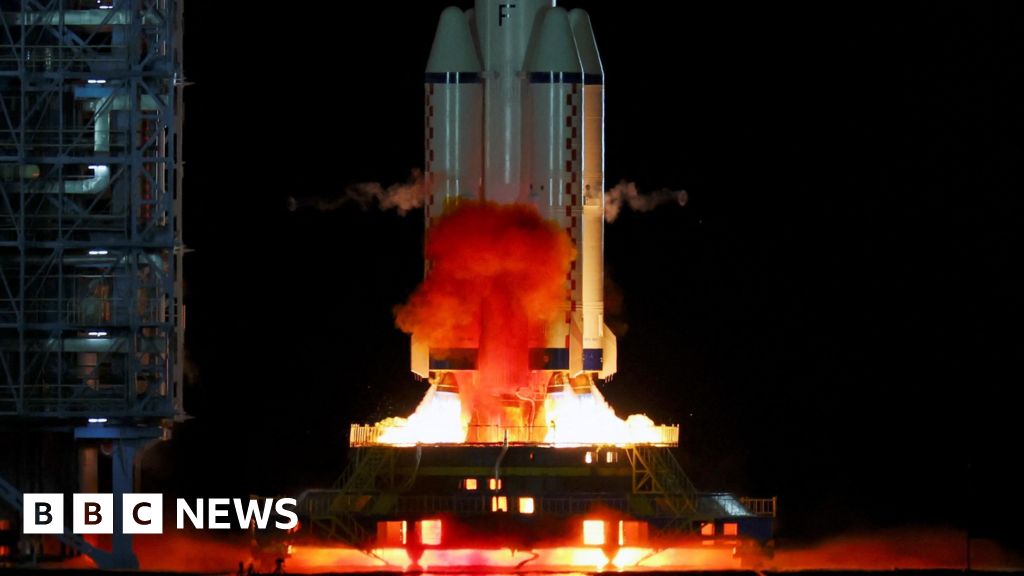ARTICLE AD BOX
 Image source, Getty Images
Image source, Getty Images
Storm Elias in Greece is one of a number of recent devastating weather events that have been blamed on climate change
By Aleem Maqbool & Harry Farley
Religion editor, BBC News
Pope Francis has warned the world is "collapsing" due to climate change and may be "nearing breaking point".
The pope criticised global decision-making bodies for being ineffective, as well as calling out climate deniers.
His strongly-worded intervention has been published in a major new update to his landmark 2015 paper on the environment..
He described some damage from climate change as "already irreversible".
The Pope criticised those who "deny, conceal, gloss over or relativise the issue", saying that it was no longer possible to deny the human origins of climate change.
Pope Francis has made climate change a key pillar of his papacy. His 2015 encyclical, the highest level teaching document a pope can issue, signalled a shift for the Catholic Church.
Since then, the pope has made repeated calls for politicians to take concrete action to tackle climate change.
He also took aim at "irresponsible lifestyles", particularly in the Western world.
He said that emissions per person in the US were about two times greater than those living in China, and about seven times greater than those in the poorest countries.
The pope said a "broad change in the irresponsible lifestyle connected with the Western model", would have a "significant long-term impact".
"To say that there is nothing to hope for would be suicidal, for it would mean exposing all humanity, especially the poorest, to the worst impacts of climate change."
Carbon capture like 'papering over the cracks'
In remarks referring to world governing bodies, Pope Francis calls for a new global "procedure for decision making", adding the process "put in place several decades ago is not sufficient nor does it appear effective."
"Whatever is being done risks being seen only as a ploy to distract attention," he says in a remark aimed at politicians, particularly concerning what he sees as a transition from the use of fossil fuels to clean energy sources that he sees as happening too slowly to be effective.
Pope Francis acknowledged that some progress was made through the COP summits but criticised the lack of sanctions if commitments were not fulfilled.
He added that some recommendations in the latest international agreement, from COP27 in Sharm El Sheikh, were too vague.
The pope also warned against placing too much hope in carbon capture technologies, suggesting that was akin to "papering over the cracks."
"To suppose that all problems in the future will be able to be solved by new technical interventions is a form of homicidal pragmatism, like pushing a snowball down a hill," he said.
Like his 2015 encyclical, Pope Francis' exhortation makes a moral as well as a scientific argument for action on climate change.
Near the end of his plea, he addresses world leaders directly.
"To the powerful, I can only repeat this question: 'What would induce anyone, at this stage, to hold on to power, only to be remembered for their inability to take action when it was urgent and necessary to do so?'"

 1 year ago
13
1 year ago
13








 English (US)
English (US)